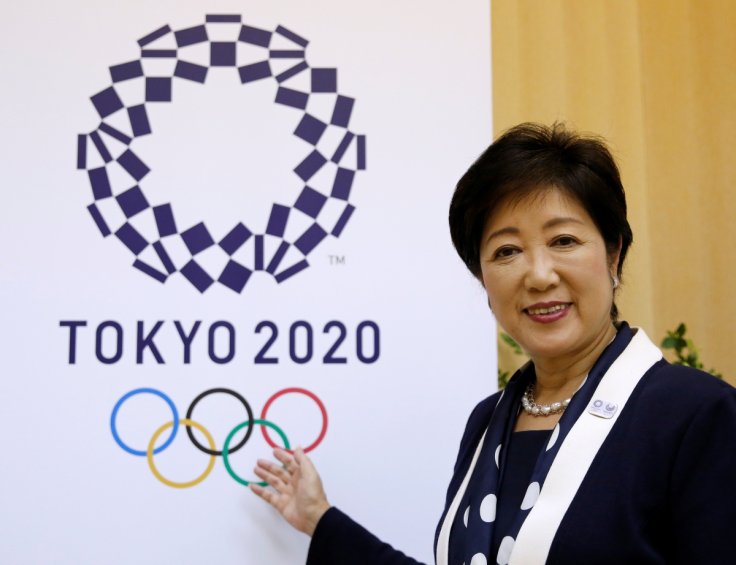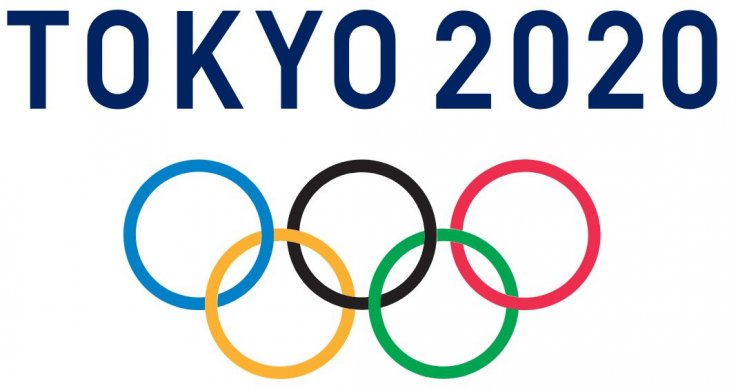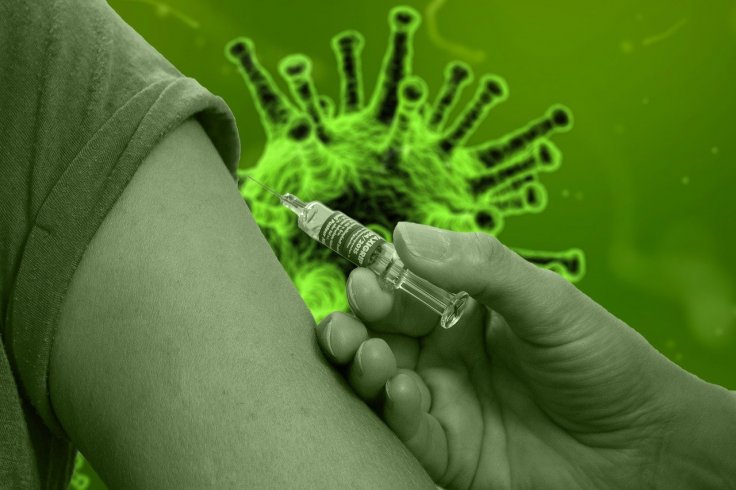After success in handling the first and second wave of the novel Coronavirus, Japan was all set to host the Summer Olympics and Paralympics from July 2021 that was originally scheduled for 2020. With a possible vaccination rollout, it seemed that Japan would pull it off. But since October, the Asian country has seen a third wave that could derail its Olympics plans. Tokyo is the country's most affected city with nearly 60,000 cases. Now, the situation is going from bad to worse.
On Wednesday, the capital city recorded 944 new COVID-19 cases with healthcare experts warning that it would soon cross 1,000 patients every day amid cold weather forecast and the highly contagious variant from the UK and South Africa already detected in the country. Tokyo Governor Yuriko Koike urged residents to stay home during the holidays as the cases could explode.
"The situation is extremely severe. We are facing up to a huge wave of virus cases we have not seen before. The number of cases could explode at any time. Any one of us could become infected at any time. If we do not stamp this out now, we will be facing a much worse situation," she said.

What Does It Mean for 2021 Olympics?
While the Olympics is still seven months away, surging cases and new restrictions could hamper preparation for the games. The expectation was that the caseload would eventually diminish with vaccine rollout and rapid testing. The country had reserved 290 million doses of COVID-19 vaccine from Pfizer-BioNTech, Moderna and AstraZeneca-Oxford University intending to immunize its 126 million population by mid-2021, before the Olympics.
Japan's Olympic organizing committee has promised to spend $900 million for COVID-19 measures during the game. That will include PCR testing infrastructure, fever clinic, countermeasures at food and drink processing centers and remote coverage setups. However, Japan is yet to approve a vaccine even though all three companies have received approval in various countries including the US, UK, Canada, Singapore and Europe. Experts are doubtful that Japan would be able to vaccinate its entire population by July.
The International Olympic Committee (IOC) had committed to hold the games with spectators. But the current situation and vaccination status might not be in favor of the IOC's view. During a three-day review of the games' preparation in Tokyo, the IOC Chairman of the Coordinating Commission, John Coates, said that it was "too early to make any finite decisions".

Vaccination Dilemma
In 2016, there were over 15,000 athletes from all over the world competing in the Rio Olympics and Paralympics combined. The number is expected to grow in Tokyo. With every country having its own vaccination rollout policy, not all are expected to be inoculated by the start of the 2021 Olympics. That means, there would be chances of infection even after all preventive measures in place.
Amid concerns, IOC President Thomas Bach said it would not be mandatory for athletes to take vaccines to participate in the Olympics. "There are too many issues to consider. This is a question of private health. It is also a question of the health conditions of each and every person. It's a question of availability," he said last month during a visit to Tokyo's Olympic village. However, he added that the IOC would "appeal" to athletes to take vaccines.
While IOC is clear on its stance on vaccination, even if it had to make it mandatory, athletes would have come in the last category for inoculation. Athletes are considered healthy and not at-risk category in most of the countries, meaning they would probably not be vaccinated by mid-2021, further jeopardizing the organizers' and others' health.

To this day, many athletes in different sports have been diagnosed with COVID-19, despite maintaining a bio-bubble. It is expected that athletes would bring their immediate family members to the Olympic village. Hence, it will be difficult to maintain a bubble for thousands of athletes and their family members.
Then there is a trust issue among the Japanese about foreign drugs and vaccines. According to a survey conducted by Japan Trend Research, less than 11 percent wanted to get a COVID-19 vaccine immediately as more people wanted to approach a wait and see policy.
WADA Still Tracking Vaccine Composition
The other hurdle in vaccination is that it has to be approved by the World Anti-Doping Agency (WADA). While the world body is tracking the vaccine composition, it said it was unlikely that the composition would violate anti-doping laws or could contain banned substances.
"Athletes can be rest assured that in the highly unlikely event that a vaccine causes a possible anti-doping rule violation under the World Anti-Doping Code, WADA's oversight of any subsequent results management will ensure that vaccines and the principles of anti-doping do not come into conflict," WADA said in a statement.
In any case, if Japan is not able to contain the current outbreak soon, the 2021 Summer Olympics would be in jeopardy. Furthermore, the host country will have to take into account that athletes could come from countries with active outbreaks and many nations would not begin vaccination by then.









